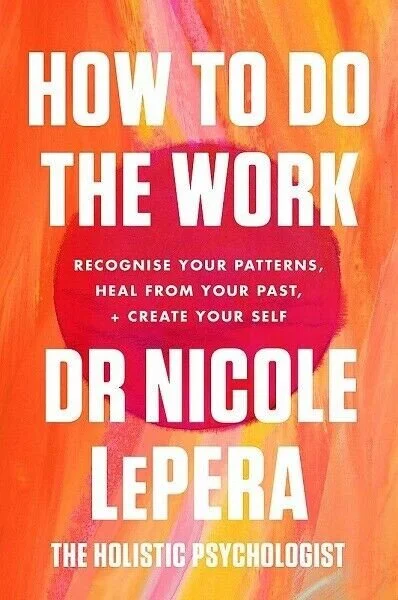Your alarm goes off early so you can meditate and go to the gym, but a part of you wants to sleep in. Or, you’re at the store eying the sugar-filled items, even though you’re committed to a healthier food plan. How do you win the “should I or shouldn’t I” battle and stick to your wellness goals and highest good? Well, I suggest using one of these three strategies that work for me and my clients.
Hi, I’m Liz!
I invite you to read my story, and the please, reach out! Your first consultation is a free, no-strings-attached conversation for you to learn more about how I can help you focus on your life’s true purpose.



















